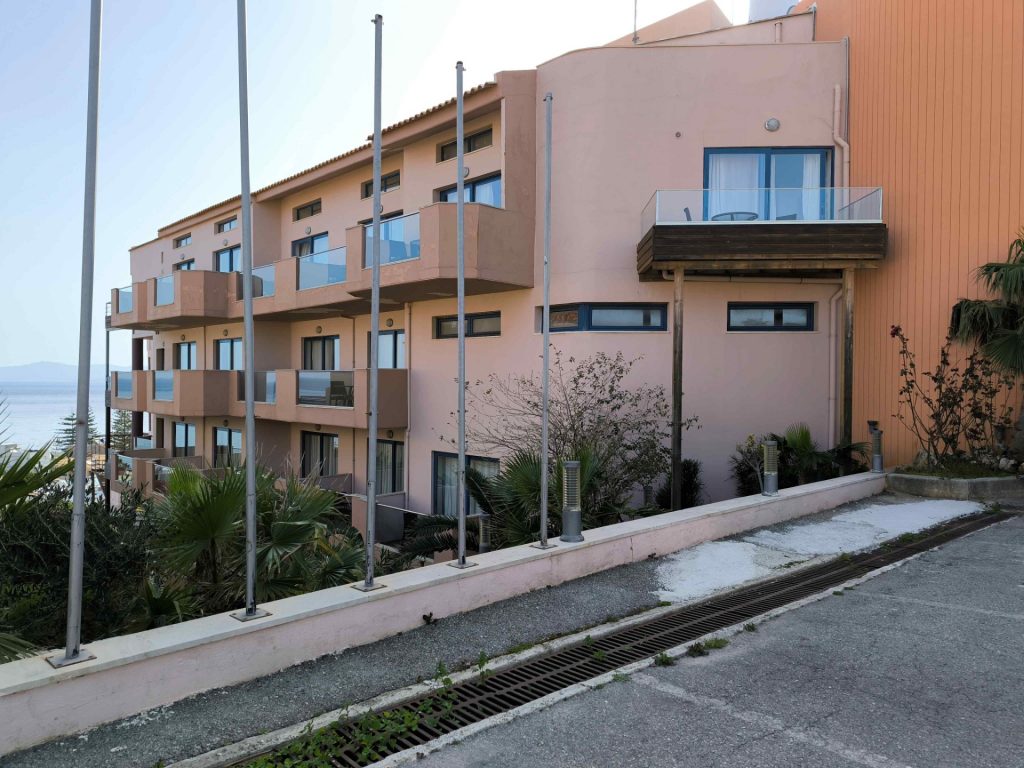During Thursday’s general assembly of SETE, attended by prime minister Kyriakos Mitsotakis, the numerous challenges of Greek tourism were discussed, challenges that must be addressed if the sector intends to continue playing a leading role in the Greek economy and in international competition.
The need to establish a sustainable model is the primary focus on the agenda of both the government and the tourism industry. There is growing awareness from all sides that the model Greece has been following up to now requires corrective actions.
Examples like the islands of Mykonos and Santorini, experiencing significant declines in tourism of around -20% and -13% respectively this year, underscore the urgency of shifting towards sustainable solutions.
“We are committed to sustainable development, balancing growth with necessary safeguards, especially in sensitive areas like our islands,” emphasized Mitsotakis, stressing the importance of solutions beyond short-term electoral cycles.
Yiannis Paraschis, President of the Association of Greek Tourism Enterprises (SETE), pointed out that tourism investments hinge on several factors affecting attractiveness and competitiveness, such as taxation, rental regulations, and EU fund utilization.
“The rise in tourism revenues has led to increased industry taxes,” he noted, urging a reduction in employer contributions during talks with the prime minister.
Another challenge is the shortage of skilled personnel, with Mitsotakis advocating for equitable distribution of tourism revenue and prioritizing wage increases to attract and retain talent. He welcomed parallels with the Turkish industry’s approach to workforce investment.
The Prime Minister also emphasized the need to enhance youth employment in tourism, urging Greece’s youth to consider tourism as a viable career path and calling for increased educational investment in the sector.
Regarding short-term rental issues, the prime minister framed them as part of broader housing policy discussions. He outlined potential interventions, including stringent standards and additional restrictions that require thorough examination before final decisions are made.




